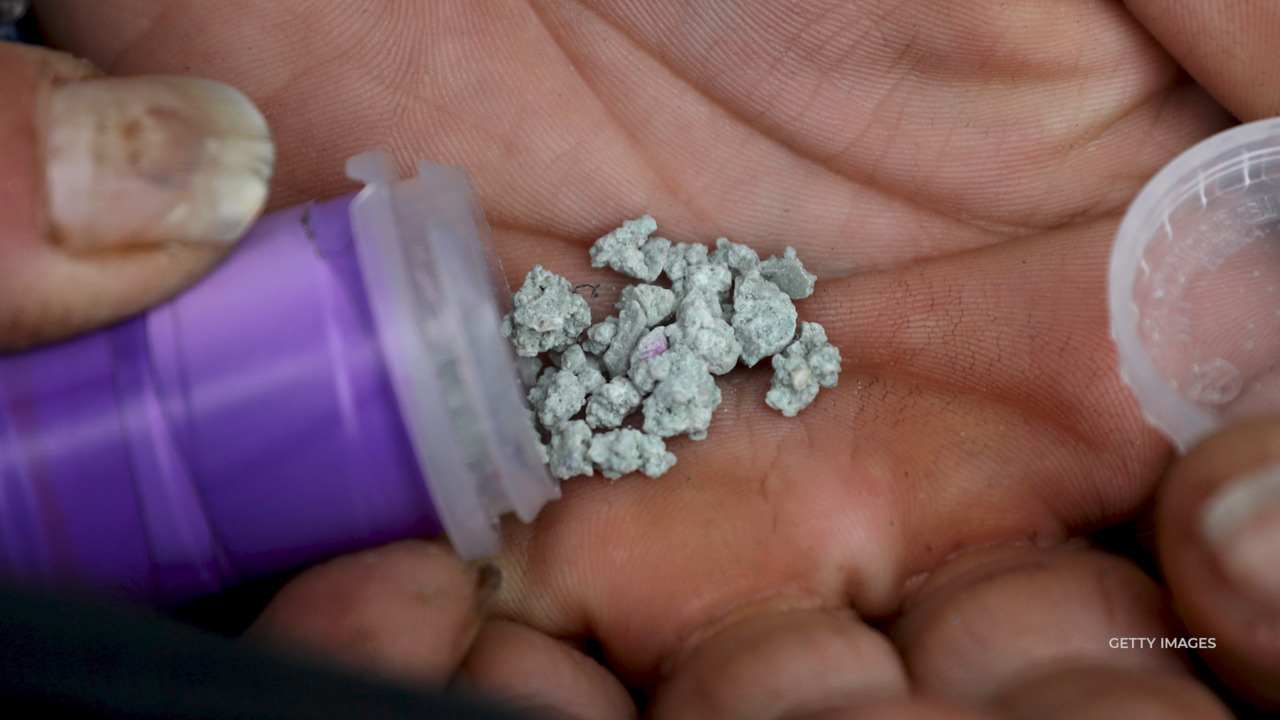
SHANNON LONGWORTH: IN BRITISH COLUMBIA, PEOPLE OVER 18 ARE ALLOWED TO HAVE UP TO 2-AND-A-HALF GRAMS OF CERTAIN HARD DRUGS, SUCH AS COCAINE, HEROIN, FENTANYL, METHAMPHETAMINE AND MORPHINE.
CAROLYN BENNETT: “WE WILL BE ABLE TO REDUCE THE STIGMA—THE FEAR AND SHAME THAT KEEP PEOPLE WHO USE DRUGS SILENT ABOUT THEIR USE, OR USING ALONE. AND HELP MORE PEOPLE ACCESS LIFE-SAVING SUPPORTS AND TREATMENT.”
LONGWORTH: IF SOMEONE’S CARRYING SMALL ENOUGH AMOUNTS OF THOSE STILL-ILLEGAL DRUGS, THEY WILL NOT BE CHARGED OR ARRESTED.
THE DRUGS WON’T BE CONFISCATED.
INSTEAD, THOSE INDIVIDUALS WILL BE OFFERED MATERIALS WITH INFORMATION ON HEALTH AND SOCIAL SERVICES.
THE PROVINCE IS THE FIRST IN CANADA TO DECRIMINALIZE A NUMBER OF HARD DRUGS, AND IT’S DOING SO AS PART OF A THREE-YEAR EXPERIMENT AMID AN OVERDOSE EPIDEMIC. BRITISH COLUMBIA’S OVERDOSE AND TRAFFICKING DEATHS ACCOUNT FOR ABOUT A THIRD OF THE 32,000 NATIONWIDE SINCE 2016, ACCORDING TO STATE DATA.
WE’VE HAD A SIMILAR SITUATION HERE IN THE US, WITH THE STATE OF OREGON VOTING TO DECRIMINALIZE SMALL AMOUNTS OF HARD DRUGS IN 2020.
UNDER MEASURE 110, POSSESSION OF THOSE DRUGS RESULTS IN A CIVIL CITATION, WHICH COMES WITH A $100 FINE THAT CAN BE WAIVED WITH A HEALTH SCREENING.
THE CHANGE REMAINS CONTROVERSIAL.
OREGON’S SECRETARY OF STATE AND THE HEALTH AUTHORITY AUDITED MEASURE 110 AND REPORTED IT’S TOO SOON TO TELL HOW EFFECTIVE IT IS. IT ACKNOWLEDGED THE PROGRAM WAS SLOW TO START DUE TO “UNCLEAR ROLES AND RESPONSIBILITIES,” AS WELL AS OTHER BUREAUCRATIC ISSUES.






